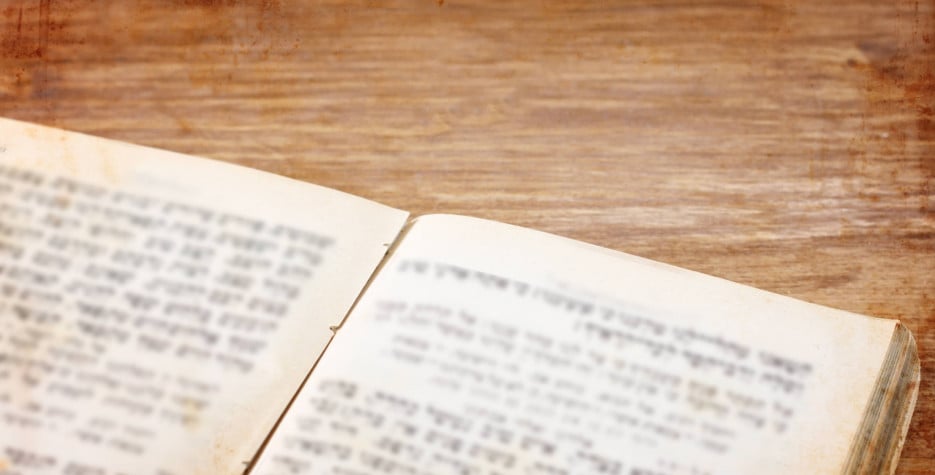When is Yom Kippur?
Yom Kippur (Day of Atonement) is the Jewish day of repentance, considered to be the holiest and most solemn day of the year.
It takes place on the tenth day* of Tishrei, the seventh month. This means it always occurs between 14th September and 14th October in the Western calendar.
What happens on Yom Kippur?
Traditionally, Yom Kippur is considered the date on which Moses returned from Mount Sinai after forty-days of praying for the sins of the Israelites to be forgiven. On his return, the Israelites were granted atonement for the sin of worshipping the Golden Calf.
The central theme of Yom Kippur is atonement and reconciliation. Eating, drinking, bathing, using cosmetics, wearing leather shoes, and conjugal relations are all prohibited. It is a custom is to wear white on the holiday as a symbol of purity.
In Israel, it is a legal holiday. There will be no form of media communication, no public transport and all shops and businesses are closed.
Fasting begins just before sundown (called 'tosephet' Yom Kippur, the 'addition' of fasting for a portion of the previous day is required by Jewish law), and ends after sunset the following day.
More than 60% of Jewish Israelis plan on fasting during the 2019 Yom Kippur holiday, according to a poll by the Israel Democracy Institute.
Prayer services begin with the prayer known as "Kol Nidre", which must be recited before sunset. Kol Nidre, Aramaic for "all vows," is a public annulment of all vows that will be made during the coming year.
On the day of Yom Kippur, which runs from sundown to nightfall of the next day, there is a total obstination from work. Leviticus 23:27 declares Yom Kippur as a complete day of rest. Therefore, these five traditions are observed:
- No eating and drinking
- No wearing of leather shoes
- No bathing or washing
- No anointing oneself with perfumes or lotions
- No marital relations
Refraining from these means that the body will return to its original state. All healthy men over the years of 13 or women over the age of 12 should participate, though persons with medical conditions are excluded.
According to Jewish tradition, God inscribes everyone's fate for the coming year into the 'Book of Life', on Rosh Hashanah, and waits until Yom Kippur to "seal" the verdict.
Yom Kippur completes the penitential period of ten days known as 'Days of Awe' that begins with Rosh Hashanah, the season of repentance and prayer; for though prayerful humiliation is acceptable at all times, it is thought to be peculiarly potent at that time.
The morning prayer service is preceded by litanies and petitions of forgiveness called selihot; On the Day of Atonement, many selihot are woven into the liturgy.
Traditional Yom Kippur Greeting
G’mar Hatimah Tovah ("May you be sealed for a good year of life.")
*Like other Jewish holidays, Yom Kippur will begin at sundown on the previous day.


